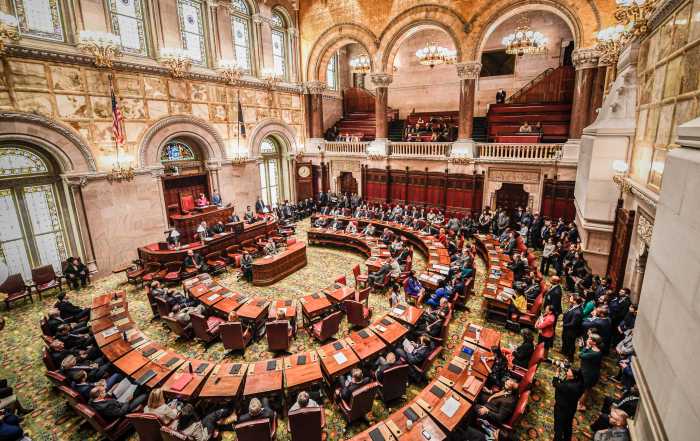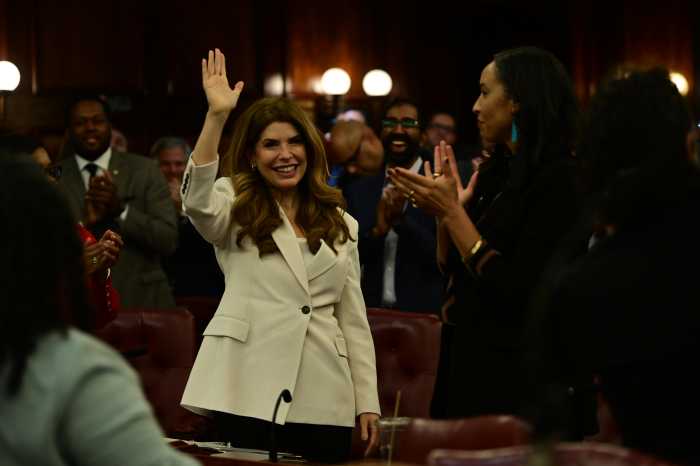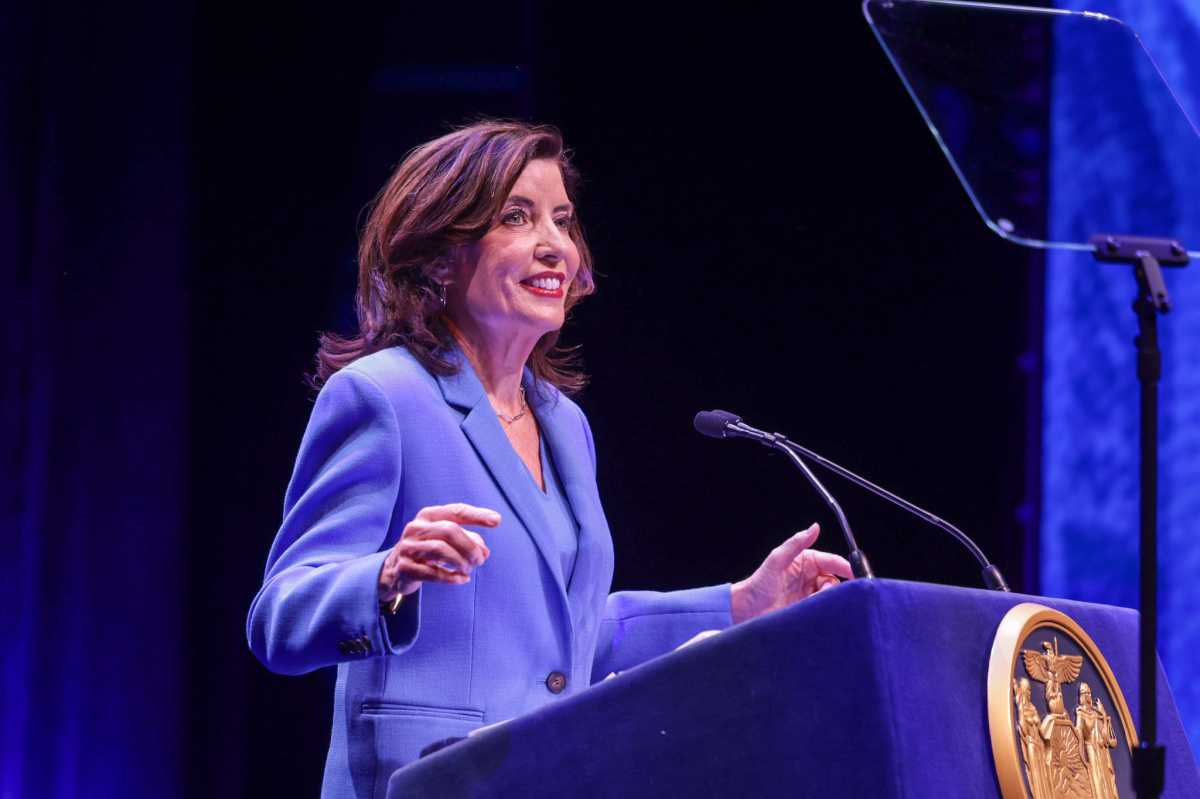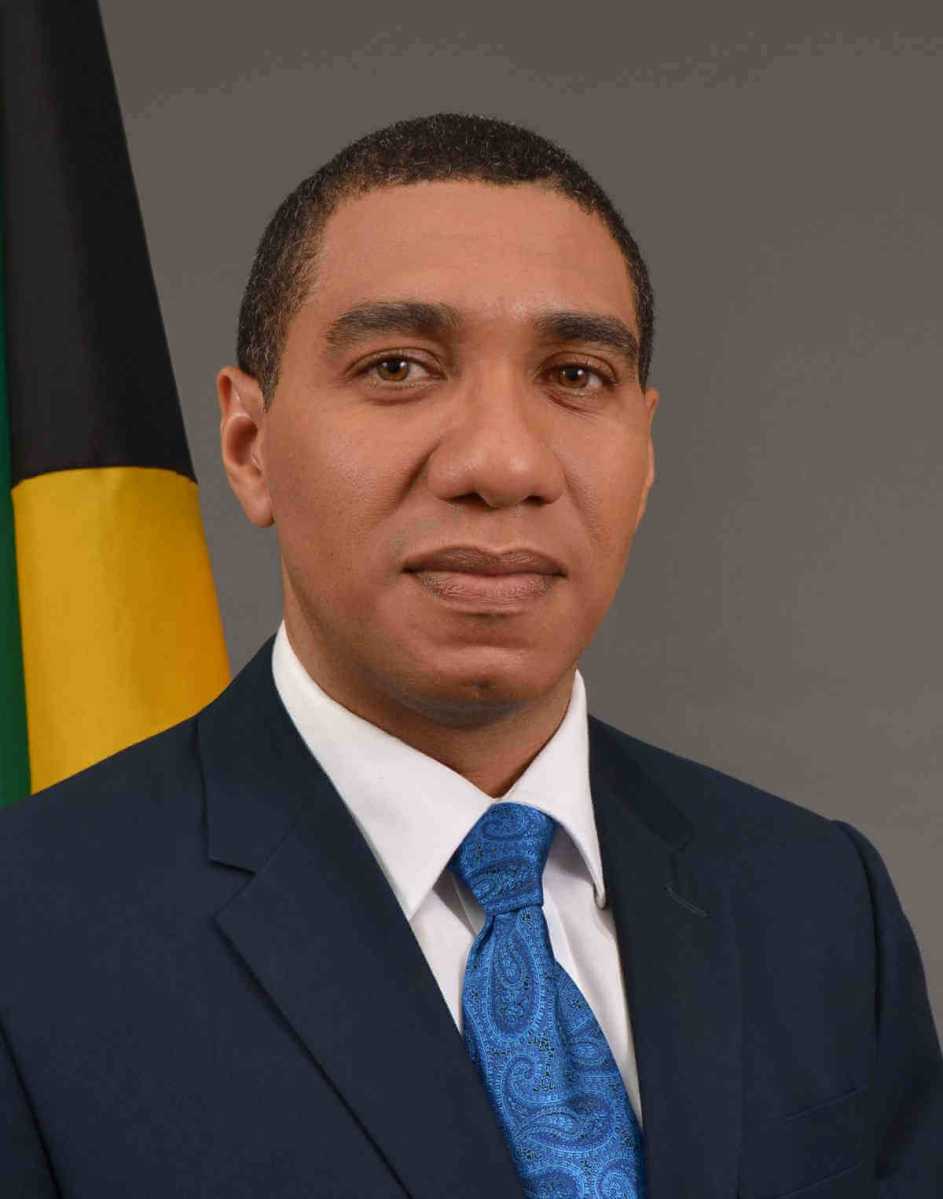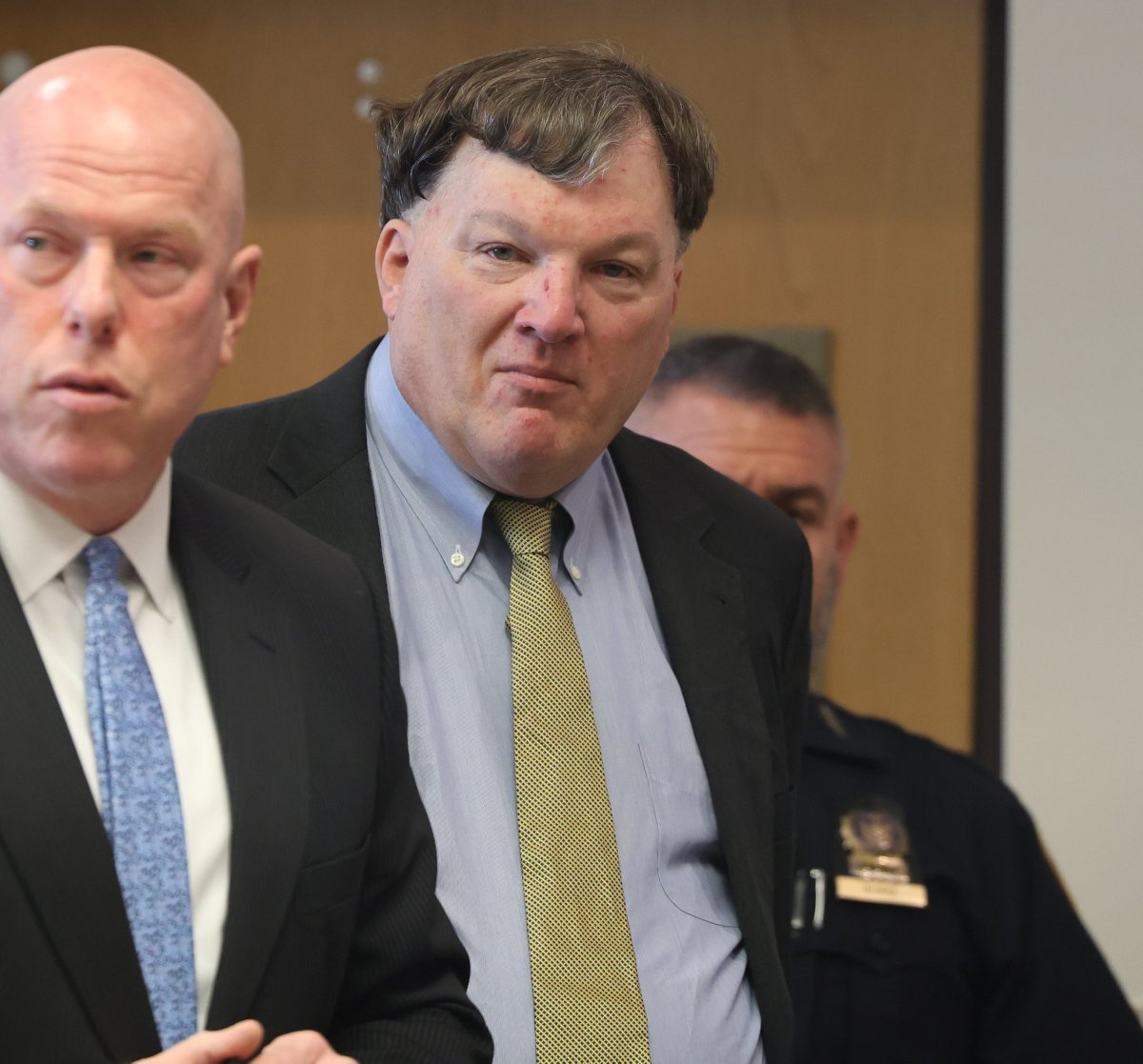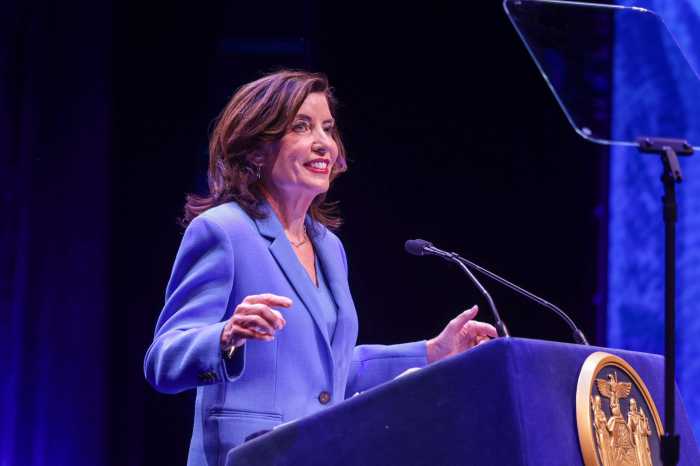Seas of debris. Houses gone. Boats tossed like bathtub toys.
We see the images year after year. In Florida. And Puerto Rico. And New Orleans. And Long Island. And Houston. And North Carolina. And, more recently, in the Bahamas.
These are not isolated events. They are part of a mushrooming whole, the wreckage of storms made worse by climate change. Without strong action to combat it, we are doomed to relive this cycle of destruction and despair. Instead, carbon emissions are rising at their fastest rate since 2011, thanks to increased energy consumption led by China, India and the United States.
This week is critical. The UN’s Climate Action Summit begins Monday. Secretary-General Antonio Guterres wants nations to come to NYC with specific strategies to adopt to fight climate change; dozens say they want to increase pledges made as part of the Paris agreement in 2015. Unfortunately, that group will not include the United States.
President Donald Trump, a noted climate change denier, is not expected to attend. That’s a mistake, but not a surprise. Trump wants to pull out of the Paris pact, which requires signatories to limit temperature rise to "well below" 2 degrees Celsius (3.6 degrees Fahrenheit). But some places already have exceeded that limit. Global temperatures are on track to rise as much as 5 degrees Celsius by 2100, according to the UN. That would be catastrophic. This summer alone saw heat records shattered across the Northern Hemisphere, disappearing sea ice, unprecedented fires in the Arctic, melting glaciers in the Himalayas, and innumerable local disasters.
Then there’s Hurricane Dorian. It made landfall in the Bahamas on Sept. 1, the fifth Category 5 storm in four years. Climate change did not cause Dorian, but it made the storm stronger. That’s because warmer waters fuel stronger hurricanes, warmer air holds more moisture, and warming slows storms, as happened with devastating consequences with Dorian, Harvey in Houston in 2017, and Florence in North Carolina in 2018.
America is making scattered progress in fighting climate change. States like New York and California have committed to carbon-free or carbon-neutral economies by midcentury. But more homes are being built in floodplains, municipalities aren’t adopting stricter building codes that help withstand climate change’s ravages, and devastated communities continue to rebuild in the same places and in the same ways. Meanwhile, the Trump administration adopts policies and rolls back regulations to encourage more burning of fossil fuels.
It’s climate malpractice, and it’s downright deadly.
Two-thirds of Americans now say that climate change is a serious problem or a crisis. The majority wants immediate action. The strongest voices are the ones with the most to lose — the young. Tens of thousands marched in NYC Friday as part of a youth climate strike that drew millions worldwide. These young people understand that we need to make a faster transition to solar and wind power. May they lead the way.
Our leaders need to wake up, and the rest of us need to more strongly convey that urgency. This crisis is not lying in wait in the future. It’s here.



